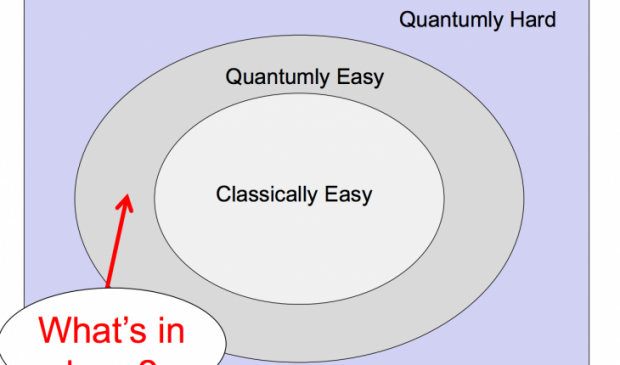
Breaking News
 Christmas Truce of 1914, World War I - For Sharing, For Peace
Christmas Truce of 1914, World War I - For Sharing, For Peace
 The Roots of Collectivist Thinking
The Roots of Collectivist Thinking
 What Would Happen if a Major Bank Collapsed Tomorrow?
What Would Happen if a Major Bank Collapsed Tomorrow?
Top Tech News
 Travel gadget promises to dry and iron your clothes – totally hands-free
Travel gadget promises to dry and iron your clothes – totally hands-free
 Perfect Aircrete, Kitchen Ingredients.
Perfect Aircrete, Kitchen Ingredients.
 Futuristic pixel-raising display lets you feel what's onscreen
Futuristic pixel-raising display lets you feel what's onscreen
 Cutting-Edge Facility Generates Pure Water and Hydrogen Fuel from Seawater for Mere Pennies
Cutting-Edge Facility Generates Pure Water and Hydrogen Fuel from Seawater for Mere Pennies
 This tiny dev board is packed with features for ambitious makers
This tiny dev board is packed with features for ambitious makers
 Scientists Discover Gel to Regrow Tooth Enamel
Scientists Discover Gel to Regrow Tooth Enamel
 Vitamin C and Dandelion Root Killing Cancer Cells -- as Former CDC Director Calls for COVID-19...
Vitamin C and Dandelion Root Killing Cancer Cells -- as Former CDC Director Calls for COVID-19...
 Galactic Brain: US firm plans space-based data centers, power grid to challenge China
Galactic Brain: US firm plans space-based data centers, power grid to challenge China
 A microbial cleanup for glyphosate just earned a patent. Here's why that matters
A microbial cleanup for glyphosate just earned a patent. Here's why that matters
 Japan Breaks Internet Speed Record with 5 Million Times Faster Data Transfer
Japan Breaks Internet Speed Record with 5 Million Times Faster Data Transfer
Current and near term quantum computers

NISQ devices cannot be simulated by brute force using the most powerful currently existing supercomputers.
NISQ will be an interesting tool for exploring physics. It might also have useful applications. But we're not sure about that.
NISQ will not change the world by itself. Rather it is a step toward more powerful quantum technologies of the future.
Potentially transformative scalable quantum computers may still be decades away. We're not sure how long it will take.
Qubit "quality"
The number of qubits is an important metric, but it is not the only thing that matters. The quality of the qubits, and of the "quantum gates" that process the qubits, is also very important. All quantum gates today are noisy, but some are better than
others. Qubit measurements are also noisy.
For today's best hardware (superconducting circuits or trapped ions), the probability of error per (two-qubit) gate is about 1 per 1000, and the probability of error per measurement is about 1 per 100 (or better for trapped ions). We don't yet know whether systems with many qubits will perform that well.

 The State's Last Stand
The State's Last Stand


